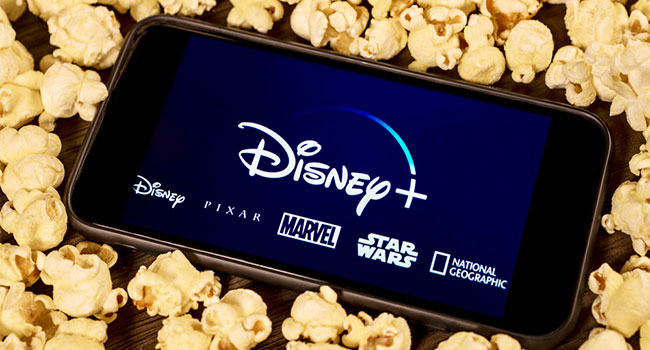
Disney+ Customer Accounts Found For Sale on Dark Web As Users Complain of Hacking
The company says there is no evidence of a security breach, but researchers suspect that account information was stolen using lists of previously hacked emails and passwords.
- By Haley Samsel
- Nov 20, 2019
Though Disney claims there has not been a security breach, thousands of customers who purchased subscriptions to the new Disney+ streaming platform say that their accounts have been hacked and taken over in the days since it launched.
Disney+ has suffered technical issues since it went online on Nov. 12, with several people having issues ranging from being locked out of accounts to long lag times. A report by the tech site ZDNet found that shortly after subscribers complained on social media, thousands of user accounts went on sale on the dark web for $3 and even for free.
Other news outlets have confirmed the report, including BBC News, which hired its own cybersecurity researchers to conduct an investigation searching for customer accounts on the dark web. More than 4,000 customer accounts were being sold in the BBC investigation.
Users say that they have had repeated issues reaching customer support about their compromised accounts, and Disney+ said as recently as Tuesday that its systems had not been hacked.
“Disney takes the privacy and security of our users' data very seriously and there is no indication of a security breach on Disney+," a spokesman told BBC.
Jason Hill, a cybersecurity researcher for CyberInt, told the news outlet that it appears that the accounts were stolen because users tend to use the same emails and passwords for different sites. In turn, malicious actors were able to take lists of account information from previous hacks and try them on Disney+, allowing them to change passwords and take over the accounts.
Jonathan Deveaux, the head of enterprise data protection at comforte AG, pointed out that there is no evidence that there has been a data breach within the Disney cybersecurity program. But that does not rule out a “mass effort” by hackers to use previously stolen user IDs and passwords on the streaming platform, he said.
“What is missing from the Disney+ security service is multi-factor-authentication,” Deveaux said, referring to a method of allowing access to an account only after two or more pieces of evidence (including a phone number) are confirmed while logging in. “MFA does not guarantee that only the authorized user is indeed accessing the service, but it does help slow down or reduce the likelihood of bad-actors gaining access with only user ID and password credentials.”
While Disney’s servers may not be compromised, their users are suffering the consequences of previous hacks. Cybersecurity experts recommend using different passwords for every subscription service in order to prevent bad actors from re-using the stolen data on other sites.
“Disney did not do anything wrong per se, but they could elect to look at increasing their security posture by upgrading their authentication program,” Deveaux said.
About the Author
Haley Samsel is an Associate Content Editor for the Infrastructure Solutions Group at 1105 Media.